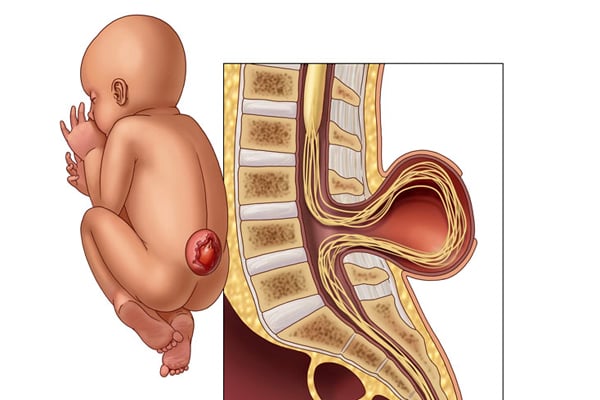
 Mama FM
Mama FM

 Mama FM
Mama FM
23 October 2025, 11:06 pm
By Byamukama Alozious
Uganda will join the world to mark World Spina Bifida and Hydrocephalus Day on October 25, the country has renewed its commitment to preventing birth defects through strengthened food fortification and improved care for children born with these conditions. This year’s national theme is “Accelerate Action for Spina and Hydrocephalus in Uganda.”
During a national dialogue convened by the Spina Bifida and Hydrocephalus Association of Uganda, stakeholders emphasised prevention, nutrition, and shared parental responsibility as key pillars in addressing the challenge.
Dr. George Upenytho, Commissioner for Community Health at the Ministry of Health (MoH), said government is prioritising fortification and awareness to reduce neural tube defects. “We are adopting assistive technologies like wheelchairs and hearing devices, training health workers, and creating community awareness to ensure early detection and care,” he said.
Lonyo Grace Ocheng, a nutrition officer at MoH, stressed that nutrition is the foundation of a healthy pregnancy. “Fortification is essential because conditions like Spina Bifida and Hydrocephalus result from micronutrient deficiencies. A mother’s nutrition before and during pregnancy determines the child’s health during the first 1,000 days of life,” she said.
In Uganda, about 10 in every 1,000 babies are born with Spina Bifida translating to an estimated 1,400 children annually, according to the National Institutes of Health. Experts note that folic acid intake within the first 21–28 days of pregnancy can prevent most cases.
For many families, however, living with these conditions is an uphill struggle. Catherine Nakanyiga, and advocate for spina bifida care said, “These children need Pampers, crutches, and wheelchairs which are very expensive’’
Mutonyi Phoebe, Chairperson of the Border Parents’ Association, echoed this concern: “Men should stand with their families. Diapers cost about Shs2,000 each, and a child may need three a day this is not a mother’s burden alone,” she appealed. She pointed out that ‘’When such challenges arise, many men flee from home, leaving mothers to bear the burden alone.”
Beyond the Medical Burden, Parents and advocates also highlighted the social discrimination faced by children with Spina Bifida and Hydrocephalus in communities, schools, and even places of worship. Many are excluded from play, denied education opportunities, and isolated due to stigma, which affects their mental health and sense of belonging. Parents called for stigma-free and inclusive societies where every child is valued and supported to thrive.
Conseputa Naluyima shared that her child, born with both Spina Bifida and clubfoot, has undergone several surgeries. “Life changes completely, but we remain hopeful,” she said saying Government should priotize some drugs for spina bifida as essential
According to the Ministry of Health, between 2020 and 2024, over 5,000 cases of hydrocephalus were recorded in Uganda, with about 3,000 being male children.
Nabiryo Olive, Chief Coordinator of the Spina Bifida and Hydrocephalus Interdisciplinary Program at Katalemwa Cheshire Home, said more than 6,000 children have been supported so far. “Government should classify the medicines these children need as essential to make them affordable,” she urged, adding that stigma and transport costs still limit access to care.